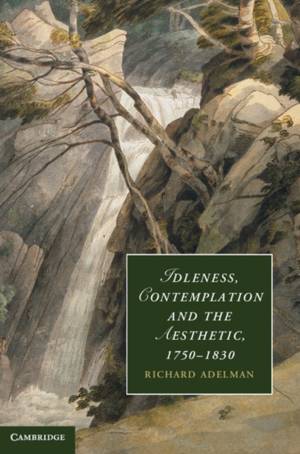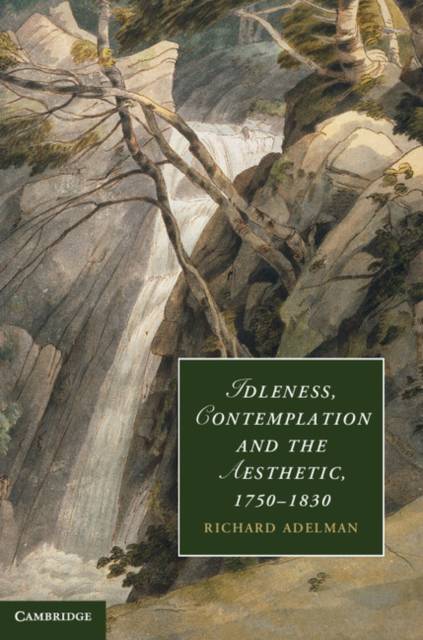
- Afhalen na 1 uur in een winkel met voorraad
- Gratis thuislevering in België vanaf € 30
- Ruim aanbod met 7 miljoen producten
- Afhalen na 1 uur in een winkel met voorraad
- Gratis thuislevering in België vanaf € 30
- Ruim aanbod met 7 miljoen producten
Zoeken
Omschrijving
Beginning with Adam Smith's dictum that labour was the most significant human occupation, and William Cowper's idealisation of 'The Task', Richard Adelman traces the ways in which Romantic writers responded to a debate over the dangers and rewards of idle contemplation taking place in the second half of the eighteenth and beginning of the nineteenth centuries. Evolving over a series of discourses which the book considers at length - Scottish Enlightenment political economy, penal and educational reform debates, literature, British and German aesthetic theory, social philosophy - this debate precipitates the growth of a 'British idealism' in these decades. Exploring the thought of Adam Smith, Jeremy Bentham, Friedrich Schiller, William Cowper, Samuel Taylor Coleridge, Mary Wollstonecraft, and many of their contemporaries, this study analyses the chain of events that leads to this 'British idealism', and considers its social and political consequences in the cultural theory of the first decades of the nineteenth century.
Specificaties
Betrokkenen
- Auteur(s):
- Uitgeverij:
Inhoud
- Aantal bladzijden:
- 220
- Taal:
- Engels
- Reeks:
- Reeksnummer:
- nr. 89
Eigenschappen
- Productcode (EAN):
- 9780521190688
- Verschijningsdatum:
- 26/05/2011
- Uitvoering:
- Hardcover
- Formaat:
- Ongenaaid / garenloos gebonden
- Afmetingen:
- 157 mm x 229 mm
- Gewicht:
- 498 g

Alleen bij Standaard Boekhandel
+ 366 punten op je klantenkaart van Standaard Boekhandel
Beoordelingen
We publiceren alleen reviews die voldoen aan de voorwaarden voor reviews. Bekijk onze voorwaarden voor reviews.








